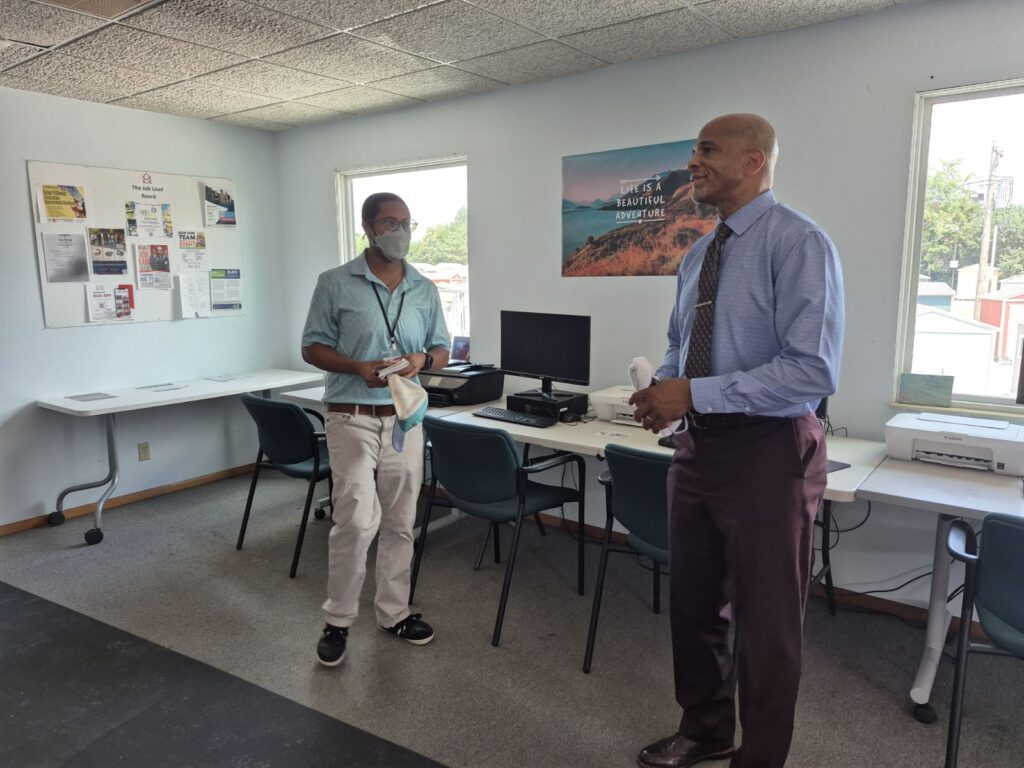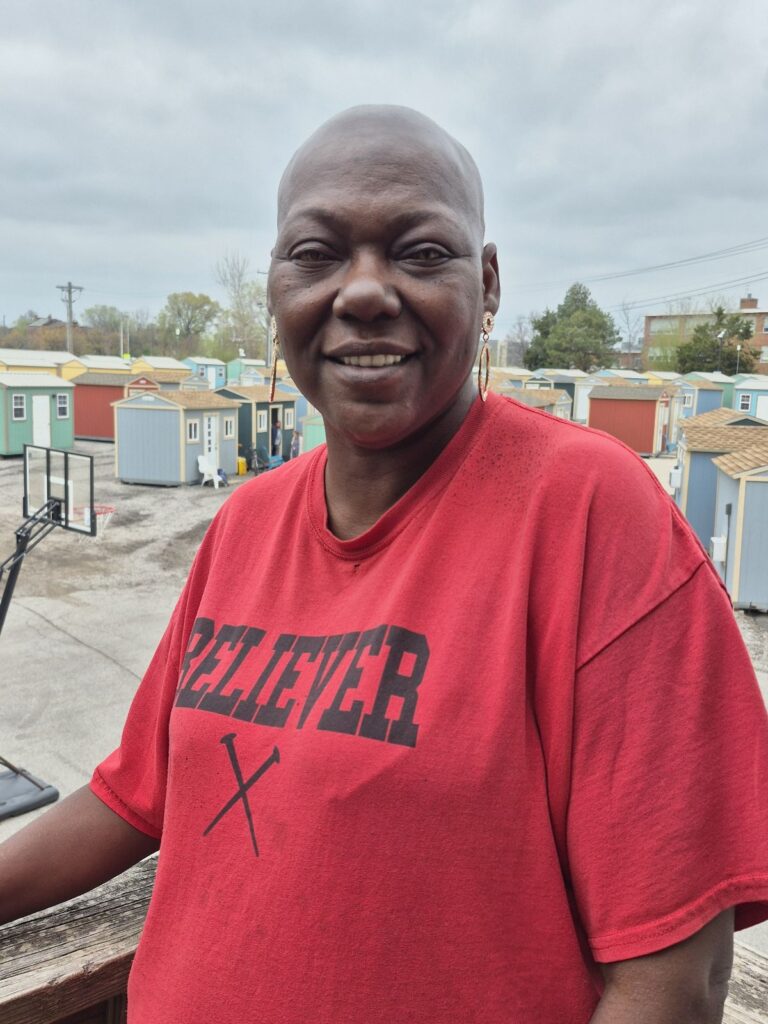Wednesday With Dr. Warren is a segment by Warren A. Kass, Ph.D. Consulting Clinical Psychologist at Magdala House. Dr. Kass is a graduate of Marquette University, has a doctorate from St. Louis University, and has over 51 years of experience as a clinical psychologist. Wednesday With Dr. Warren is an informative, thought-provoking piece that will inspire us to live, think, and be better people.
Mindfulness Pt. 2
Being mindful can help a person be less judgmental and more empathetic in their interactions. The mindful communicator is at ease with him or herself and can listen to others non-judgmentally and seek to understand their perspective.
Being mindful requires intent and practice. An example of a three to five-minute exercise that focuses on remaining in the present moment is the following. (Adapted from Pollak, 2013). Sit in a comfortable chair in a relaxed posture. Close your eyes gently. As you settle into the chair, feel yourself focusing inward and allowing the concerns and worries of the day to fade gradually. Be aware of yourself in the room and feel your body in the chair. Notice your feet on the floor, your back against the backrest, and the chair seat supports your bottom. Allow yourself to be aware of your relaxed, easy breathing and listen to your breathing sounds. Let yourself hear with your entire body. There is no need to label any other sound in the room. Just let them come to you and listen to them. Should your mind wander or thoughts or feelings arise, refocus on the sound and sensations of your breathing and the sounds in the room. The thought or feeling is temporary and will fade as you refocus on breathing. After three to five minutes, open your eyes and become aware of the next task you want to accomplish. Notice that your approach to this task is more relaxed, open and flexible.
Cultivating mindfulness is like physical exercise or becoming proficient at any new skill. It requires intention and practice. To enhance mindfulness practice:
1. Give yourself the time to allow for more openness (free time) between activities.
2. Set aside any preoccupation with the past or worries about the future.
3. Focus on completing one and only one task at a time.
4. Slow down, get out of the autopilot mode, and complete tasks with more attention and awareness.
Warren A. Kass, Ph.D.
Consulting Psychologist
Li, T (2023) Cultivating Mindfulness in the Therapeutic Space. Journal of Health Service Psychology 49(2), 51-59
Pollak, S.M. (2013) Teaching Mindfulness in Therapy. In C. K. Germer, R. Siegel, and P. Fulton (Eds.) Mindfulness and Psychotherapy. New York: Guilford Press







